Category: Brain
-
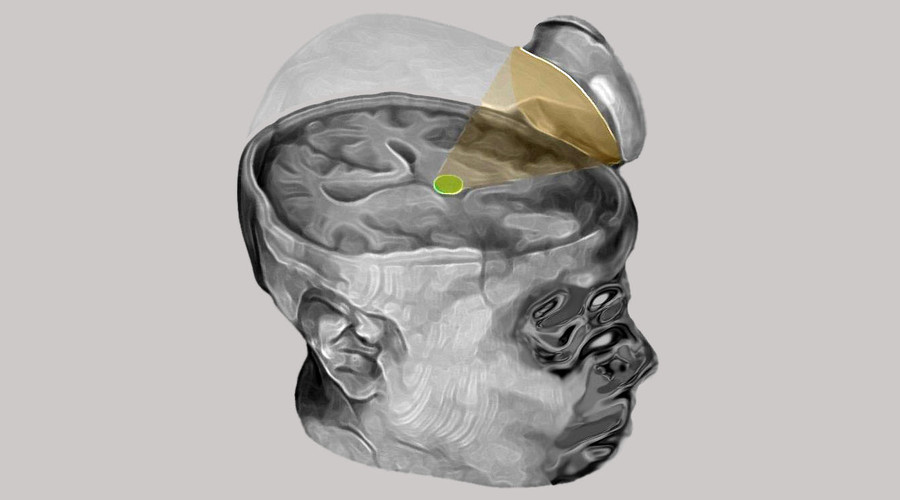
Ultrasound stimulates thalamus, patient regains consciousness
Martin Monti and UCLA colleagues have used sonic stimulation to excite thalamus neurons, enabling a patient to recover from a coma, non-invasively. Previously, deep brain stimulation, which carries significant risk, as electrodes are implanted inside thalamus, was the only way to attempt to achieve this. The thalamus was targeted with a low-intensity focused ultrasound, creating…
-
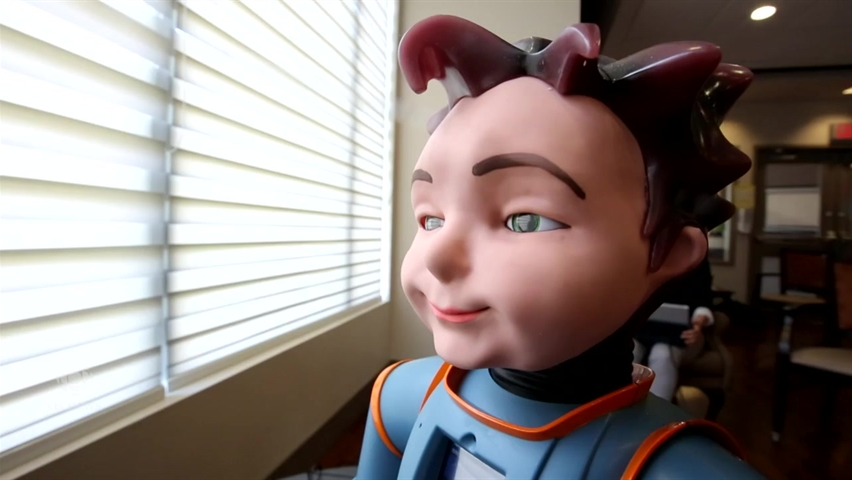
Robot assesses, assists dementia patients
Ludwig is a University of Toronto – built robot meant to assist seniors with cognitive issues. “He” stands in front of a person, displays a picture on a screen, and asks the viewer to describe what he or she sees. Ludwig then interprets a user’s condition, including engagement, happiness or anxiety, and behavior changes over time.…
-

Keith Black on tumor treatment innovation, early Alzheimer’s detection, predictive medicine
Keith Black, MD, Chairman and Professor, Department of Neurosurgery at Cedars-Sinai, was a keynote speaker at ApplySci’s recent NeuroTech San Francisco conference. Click to view his interview with StartUp Health’s Unity Stoakes at the event, where he discussed brain tumor treatment innovation, early Alzheimer’s diagnosis, wearables, and predictive medicine. Dr. Black’s brilliance is equaled only…
-
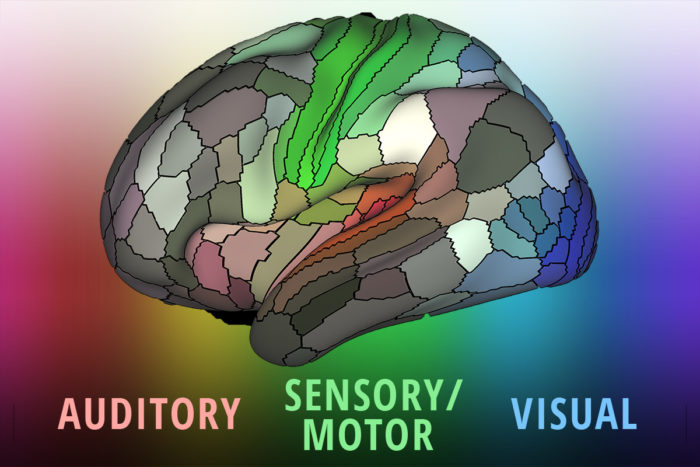
MRI, fMRI, task-based MRI, diffusion imaging combined for highly precise brain map
A brain map that includes more than doubled the number of distinct areas known in the human cortex, from 83 to 180, has been published. It combines data from four imaging technologies to bring high-definition to brain scanning. Washington University’s Matthew Glasser and David Van Essen led the global research team. 1200 young adult brains were scanned using…
-

Algorithm detects depression in speech
USC researchers are using machine learning to diagnose depression, based on speech patterns. During interviews, SimSensei detected reductions in vowel expression that might be missed by human interviewers. The depression-associated speech variations have been documented in past studies. Depressed patient speech can be flat, with reduced variability, and monotonicity. Reduced speech, reduced articulation rate, increased pause duration,…
-

Immersive media system reduces pre-surgery anxiety
BERT (Bedside Entertainment Theater) is a non-medical technique used at Lucille Packard Children’s Hospital to reduce stress before surgery. It is meant to be a safer, entertaining alternative to anti-anxiety drugs, which are often given pre-anesthesia, and could affect the recovery process, or impact developing brains. BERT is an immersive media experience, consisting of a mobile projector and…
-
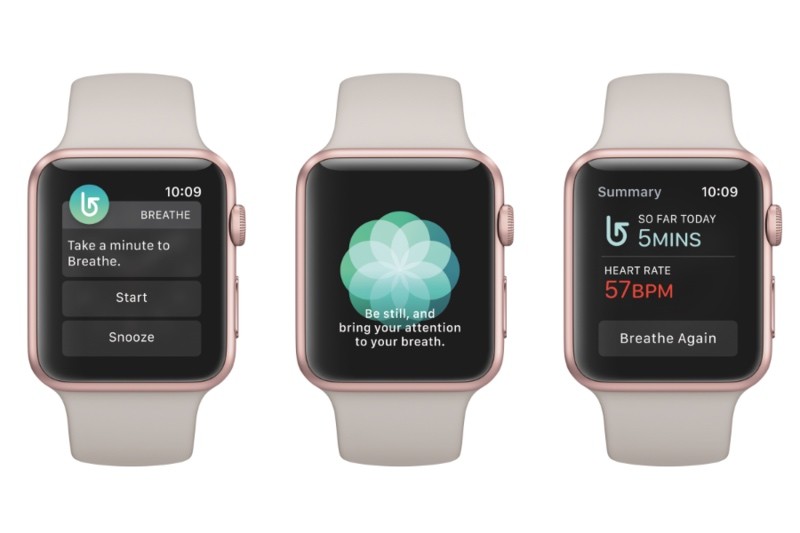
App + wearable to quantify mindfulness
Apple’s Breathe meditation app follows the recent trend of using wearables to quantify mindfulness and improve mental health. Every four hours (while wearing the Apple Watch) Breathe reminds one to inhale and exhale for one to five minutes. Concentric circles can be watched as they shift on the screen, or a wearer can respond to…
-

Mobile 3D ultrasound speeds brain injury diagnosis
University of Aberdeen researchers are developing software to create 3-D models of soldiers brains while on location, which is then sent to an expert for immediate diagnosis. The software is designed to guide a medic with basic ultrasound training to produce as detailed a scan of the brain. The ultrasound image of the brain is…
-
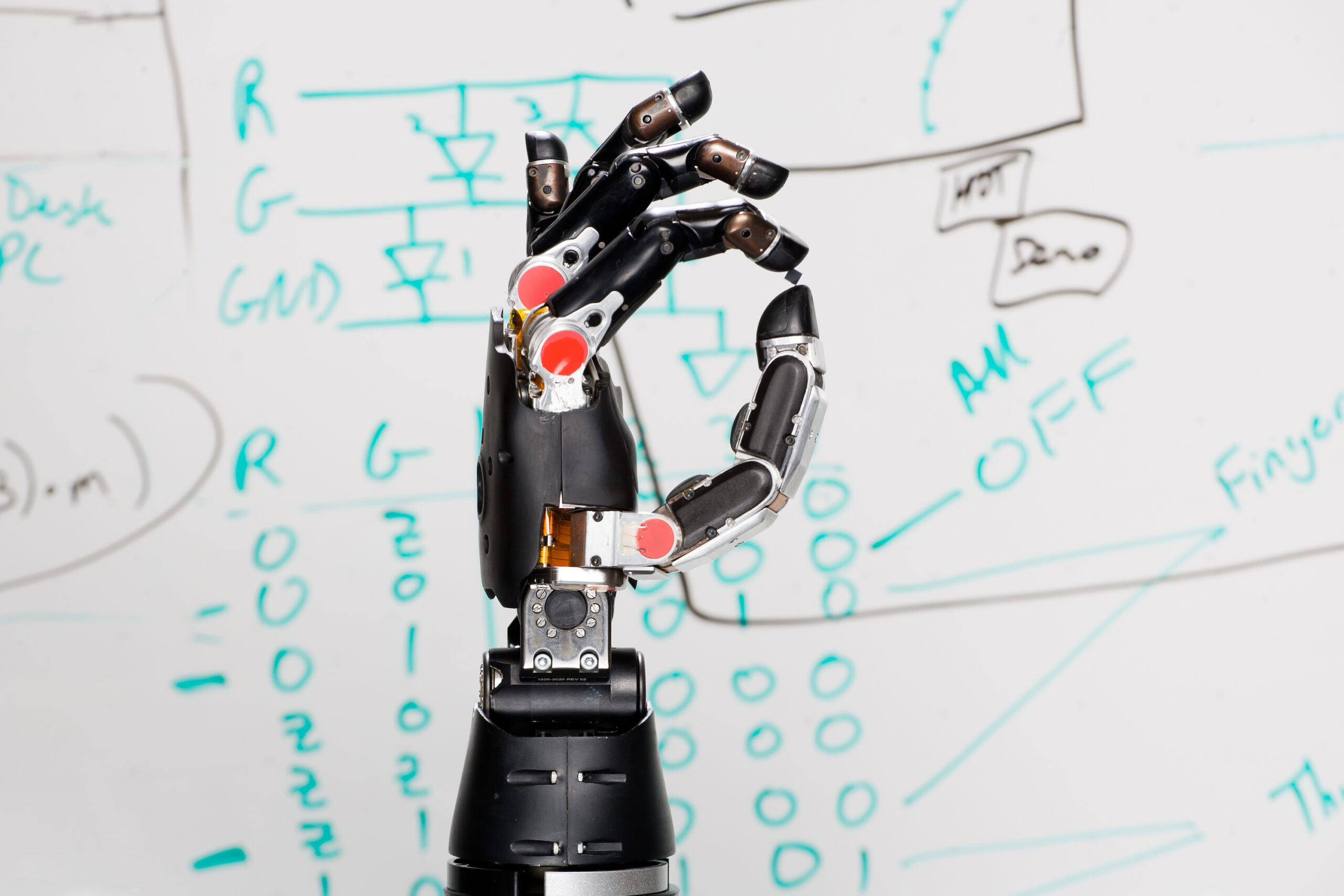
Thought controlled prosthetic arm has human-like movement, strength
This week at the Pentagon, Johnny Matheny unveiled his DARPA developed prosthetic arm. The mind-controlled prosthesis has the same size, weight, shape and grip strength of a human arm, and, according to Matheny, can do anything one can do. It is, by all accounts, the most advanced prosthetic limb created to date. The 100 sensor arm…
-
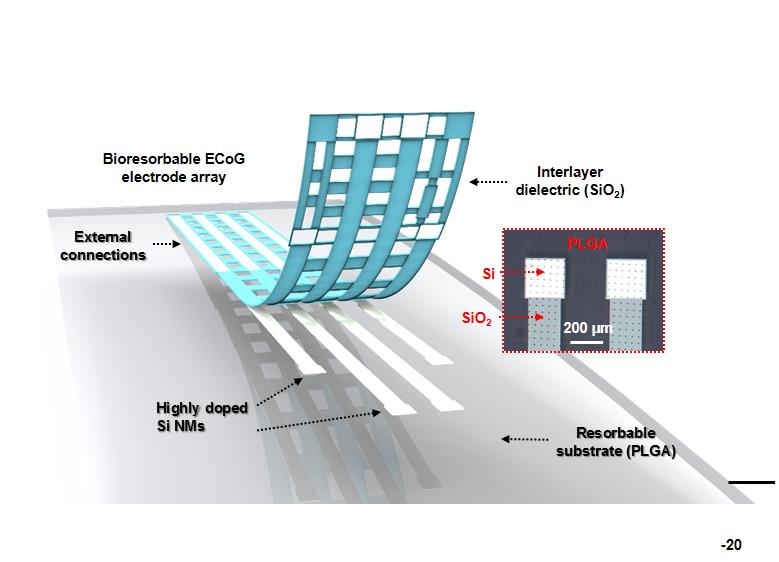
Self-dissolving brain monitoring electrodes
University of Pennsylvania researchers are developing implantable, brain monitoring electrodes that dissolve at a predetermined rate. The DARPA funded device could provide continuous data used to monitor or treat Parkinson’s disease, depression and chronic pain. As it is absorbed into the body, the risk associated with removal is eliminated. ApplySci recently described a related self…
-

Game navigation uncovers early dementia signs
Sea Hero Quest is a smartphone game that follows the journey of a sea explorer who has lost his memories. It is being used as a tool to uncover early dementia symptoms for research purposes. One of the first symptoms of dementia could be a loss of orientation. Gamer decisions and movements will help researchers…
-

“Cognitive Dress” colors reflect observer emotions
At the Met Gala, New York’s most sought-after invitation, Karolina Kurkova wore a Marchesa dress that was powered by IBM Watson to react to social media sentiment in real-time. The “Cognitive Dress” was covered in LED embedded fabric flowers that lit in colors to reflect joy, passion, excitement, encouragement and curiosity, as expressed on twitter.…